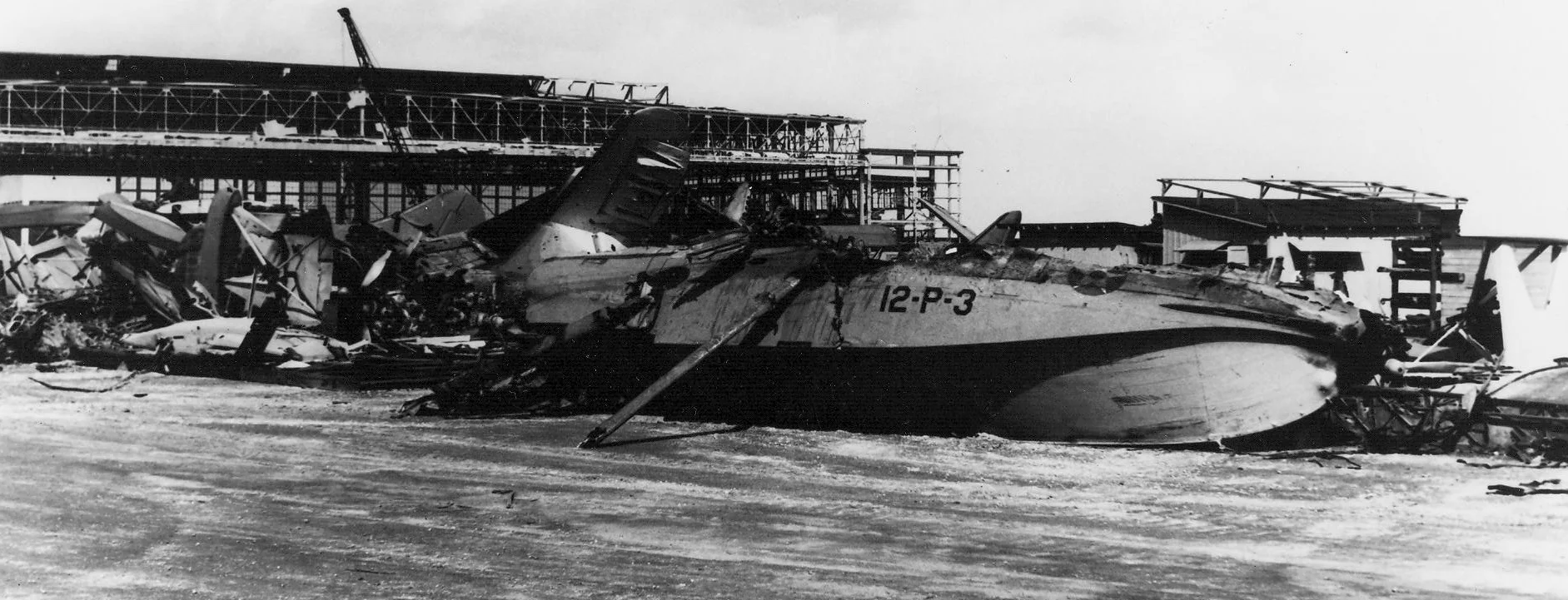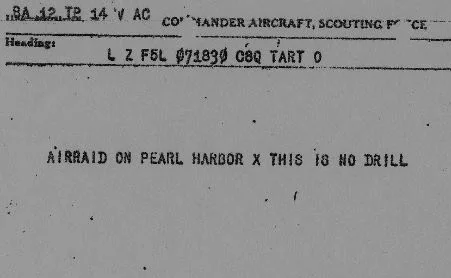War is naturally characterized by uncertainty, and humans are known to exhibit an in-built optimism bias that frequently causes them to overestimate the likelihood of positive outcomes. This bias may have evolutionarily adaptive advantages in many situations. Yet in the dialectic between military planners generating coercive options within available means and national cabinets seeking solutions to intractable diplomatic or geostrategic problems within acceptable costs, optimism bias can lead to tragic and avoidable outcomes.
Bombers over Tokyo: The Strategic Importance of Doolittle’s Raid
Despite the long odds, Doolittle’s Raiders slipped through Japan’s defenses on April 18, 1942 to deliver a surprise blow. The raiders bombed several Japanese cities including Kobe and Yokohama, but Tokyo was perhaps the most significant because it was the Emperor’s home and the nation’s capital. In stunning fashion, the raid answered President Roosevelt’s call for retaliation and soothed America’s wounded pride. The Doolittle Raid’s place among the time-honored traditions of courageous military action is secure, but its impact on America’s ultimate victory in the Pacific remains unclear.





